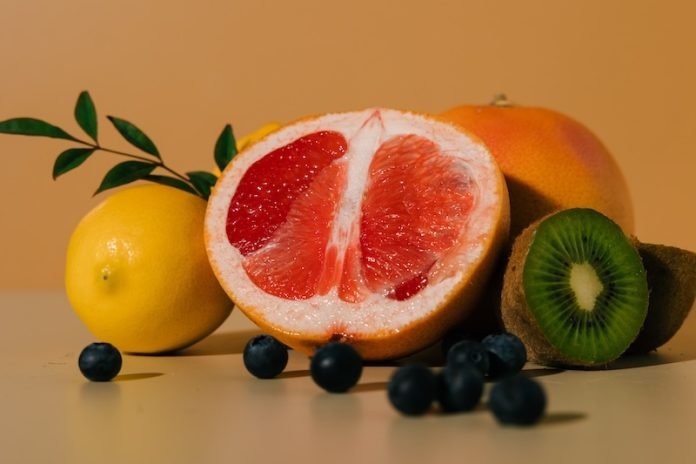
A fascinating study by researchers from King’s College London has shed light on how grapefruit juice might amplify the blood pressure-lowering benefits of beetroot juice.
This discovery is particularly timely, as finding dietary methods to manage blood pressure is increasingly important.
The Power of Beets and Grapefruit
Beetroots are known for their high folate and nitrate content, which helps in protecting blood vessels, reducing heart disease risk, and lowering blood pressure by relaxing and widening blood vessels.
Grapefruit, a low-calorie fruit packed with vitamins A and C, has a low impact on blood sugar levels. Its mix of fiber, potassium, lycopene, vitamin C, and choline all support heart health.
Key Research Insights
The study focused on whether grapefruit juice could boost the blood pressure-lowering effect of beetroot juice by maintaining circulating nitrite levels in the body.
Involving 11 healthy volunteers, the research compared the effects of combining 70 mL of active beetroot juice with 250 mL of grapefruit juice, versus beetroot juice with water, and a placebo without either.
The results were revealing. The combination of grapefruit juice and beetroot juice led to a more significant decrease in systolic blood pressure and pulse pressure than the mixture with water.
Specifically, five hours after consuming the juice blend, participants showed a 3.3 mmHg drop in systolic blood pressure, and after two and a half hours, it decreased by 4.2 mmHg.
Conclusions and Considerations
This study concluded that grapefruit juice can enhance the effect of beetroot juice in lowering systolic blood pressure and pulse pressure, even though it reduced the nitrite level in the blood.
While these findings are promising, showing that grapefruit juice could enhance the blood pressure-lowering benefits of beetroot juice, there are limitations, such as the small sample size.
Also, it’s important to note that grapefruit juice can interact with certain medications, so it’s advisable to consult a doctor before consuming it in large amounts.
Diet and Blood Pressure Management
This research underscores the role of diet in managing blood pressure. General recommendations include:
- Increasing fruits and vegetables intake.
- Reducing salt consumption.
- Eating whole grains.
- Opting for lean protein sources.
- Considering the DASH diet, which focuses on nutrient-rich foods and limits salt, saturated and trans fats, and added sugars.
For those interested in blood pressure issues, studies on a safer and more effective way to treat high blood pressure, and the potential negative effects of some high blood pressure drugs, could be useful.
Further, recent research links added sugar in diets to higher blood pressure and shows that vitamin D might improve blood pressure in people with diabetes.
Published in the British Journal of Clinical Pharmacology, this research by Kevin O’Gallagher and his team provides a new perspective on the potential of combining foods for health benefits, particularly in the context of blood pressure management.
If you care about high blood pressure, please read studies that early time-restricted eating could help improve blood pressure, and natural coconut sugar could help reduce blood pressure and artery stiffness.
For more information about blood pressure, please see recent studies about added sugar in your diet linked to higher blood pressure, and results showing vitamin D could improve blood pressure in people with diabetes.
Copyright © 2023 Knowridge Science Report. All rights reserved.



